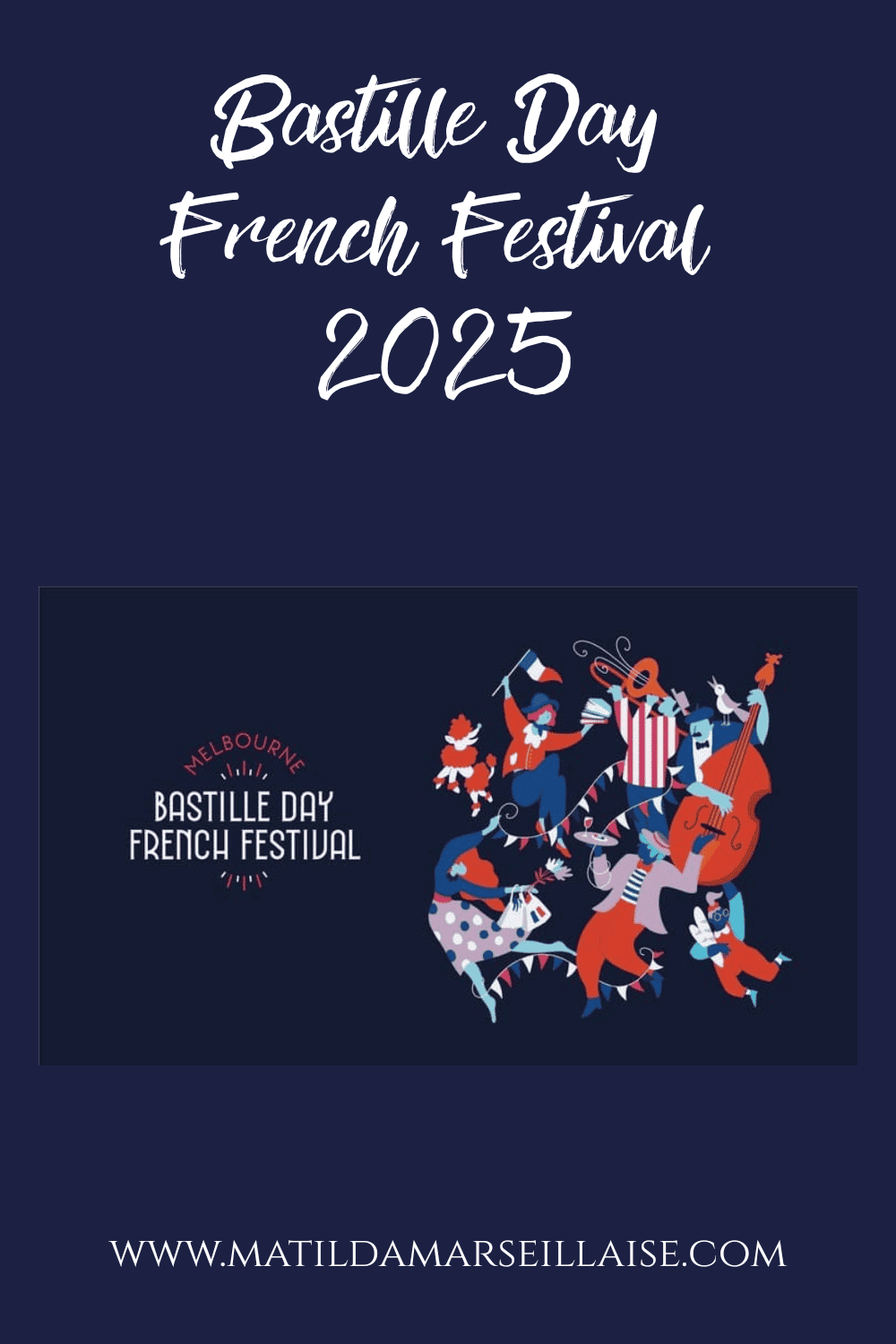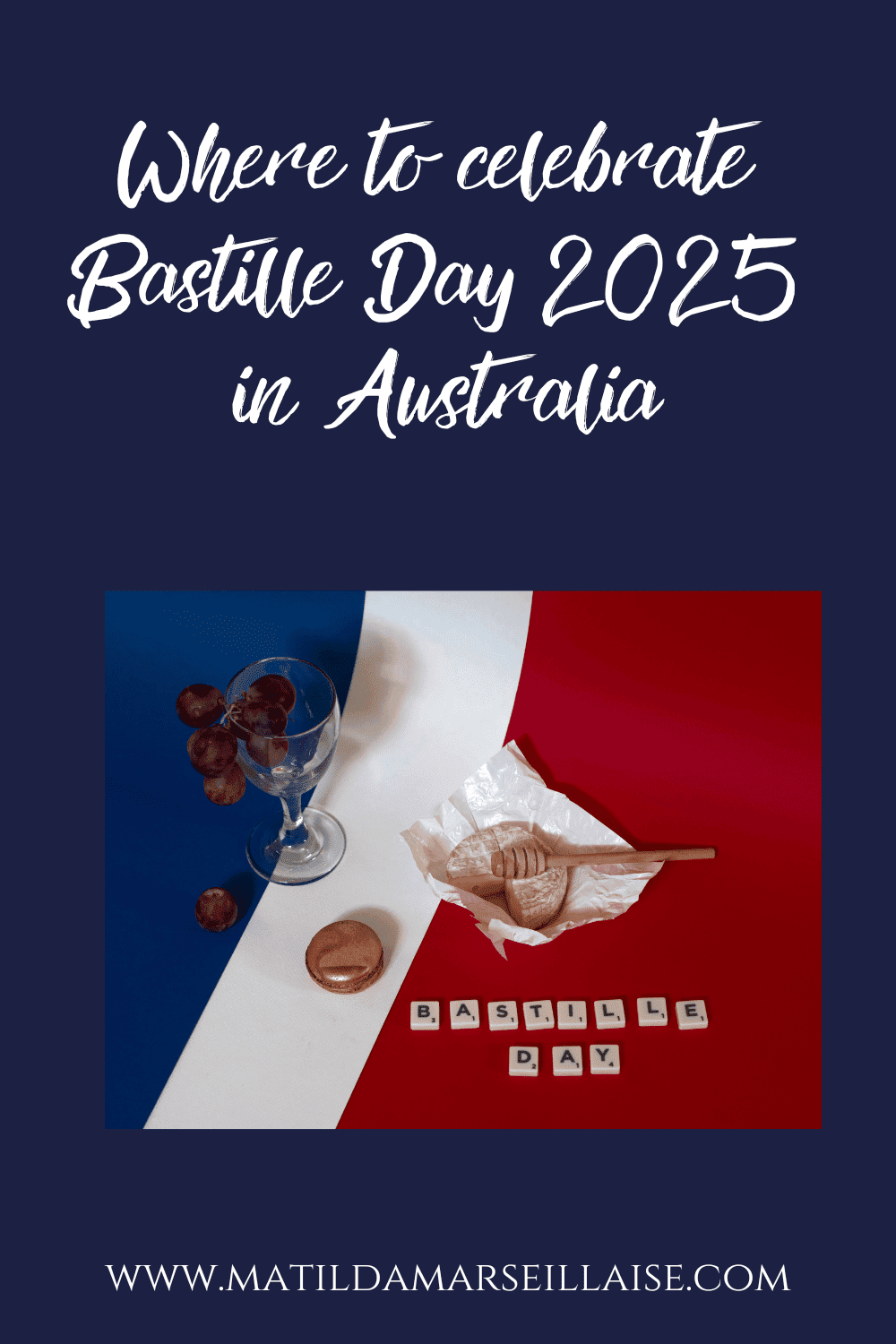I spoke with Youssou N’Dour before he left Dakar for his Australian concerts this week. Concert info and ticket links at the end of the article.

You’ve been in the music business for 30 years. How do you think you have been able to stay in it for so long?
It’s true that it’s been 30 years, but each day, that it’s my passion, I have the impression that it is just starting. The ideas and the exchanges are there and it’s also a positive approach, to exchange with people. I respect my local, Senegalese, music, also and the meetings that it is possible to have. All of that makes up an ensemble of things that motivate, that keep you up to date and that you sometimes leave… There is my music but showbiz is separate.
I have noticed that African songs always seem to have a message compared to songs in English which are often utter nonsense. Do you think that it was natural progression to go from singing songs which contain a message to entering into politics?
Yes. Firstly, we have a society which has an oral culture. That is there are many words. In this society, we use songs to take short-cuts, to speak about things we like and dislike. Warnings. We are sometimes like the role of the press. We have a song with words and all of that and it is a little but the approach in African which allows someone to listen to music and to also hear the ideas and to be influenced. I think that’s the reality here. Now. in the policy framework, you need to understand that I live in Senegal. I have never lived elsewhere. I dress like them, I live in the same sorts of houses, I live like them. I consider them to be like me.

So you’ve always lived there? I read that you were based in Paris now.
Yes, I am based here and when I see that I am able to act by my experience and my resources, by my way of doing so, to share my messages, but also as someone who participates. You know that politics are community affairs. If you aren’t concerned, decisions impact you. That’s it and well, my political vision is very much oriented towards the citizen. A citizen who watches and gives his name, who is there and who speaks when it is necessary to speak. There are a lot of things to do in Africa and I think that music can participate like other things.
And at the moment the role that you have is –
I am the Advisor to the President of the Republic of Senegal. Advisor, which allows me to give advice, transversely across all matters. And then, I can at the same time, which I was not able to do when I was in the Minister of Culture post, have a department, you don’t have time. Being Advisor gives me more time which allows me to continue with my passions.
And your songs are in Wolof?
It’s the Wolof which is in a general way the base. There is a bit of English in the songs but Wolof is the base.
How do you think that you have been able to have as much success in countries in which Wolof is not spoken?
You know that music is firstly a language. It’s perhaps the first language. In that aspect, I don’t have any problems! Through music, we can let the music speak. This story of languages is true; it’s a reality. But I don’t think that it is a problem to reach people. Music, as I’ve seen is a language, it’s the first language.
So it reunites everyone.
Yes.
What is the message in your last album “Seenie Valeurs”?
The last album is one which speaks about Africa. I have been able to meet many people with my music and I finally decided to reach out the younger generation. That is to say that in Africa we have urban modern music, which is of the younger generation and I wanted to give these people a Plan B because you know that in Africa 60% of the population is younger than 25. It’s very important to speak to our youth. It’s a Plan B for our youth. And the second thing, it’s to say that Africa has voices to speak for herself to the rest of the world. Therefore, I don’t only speak about African matters. I speak, on this album, about how we are, about how we want to be viewed and that is something which is very important too.
https://www.youtube.com/watch?v=QETFUmBwKoA
You’re going to be doing two concerts in Australia, one at BluesFest and the other at the Sydney Opera House. You’re coming with your group, the Super Etoile de Dakar. Was it with them that you came for your WOMADelaide concerts a few years ago?
80% of the group that came to Adelaide, is coming with me this time.
For those who haven’t seen you, nor seen the Super Etoile de Dakar in concert, what can they expect from your concerts?
The concert, is firstly the classic songs, that we all know well. That is to say 7 seconds, Birima, etc. Then, everything that we have released, albums, we also have a new repertoire, we will always keep the imprint of our traditional music, like the percussion. The Senegalese percussions play a very important role.
When you were speaking about your classic songs, you mentioned 7 seconds, which is , outside of Africa, perhaps the song for which you are most known. You have collaborated with a lot of people like Peter Gabriel, Paul Simon… Why do you think this song was so successful?
I don’t know how to make a hit, I know how to make an album. It was an unbelieveable night because Neneh wanted us to sing together and I did too. Afterwards when we met up, we made the song, and afterwards said to each other that it was a big song. Effectively it worked, we can see how a single song can be a symbol of your career, your music, your country, your continent.
Do you have other collaborations lined up?
Nothing for the moment, but everyone knows that my reputation is to exchange. That approach is always in me. We did it in the 80s with Paul Simon. It’s through that, without meaning to, that we created what we now call World Music. World Music is not African music. It’s something Anglo-Saxon, something African, something from Asia, from Pakistan, etc. It’s the ensemble that creates World Music.
Like for example the musicians from all around the world when you were at WOMADelaide…
Exactly, that’s right!
I see that you were recently awarded the Praemium Imperiale. Congratulations. I imagine that you have won many prizes in your life. Which is the most significant for you?
Very difficult, because each time I receive a prize, it’s an encouragement. I don’t chase after prizes, but it is a recognition, that means that I can continue with this path, which is to live my passion. I think that is something which is very, very important. Now to say that one is more significant than another, no! I think that all the prizes are important. This last one, the Praemium, it’s true, has been spoken about a lot. All the prizes have always encouraged me, they keep me close to my passion.
What do you have planned for the future?
For the moment, we are going to tour Australia, Brazil, and the Côte d’Ivoire, and Paris. So it is the continuation of the tour that we started last year in Europe. Afterwards, there isn’t anything planned. For the moment, it’s the concerts. Afterwards, we will see. If we feel inspired, if there is something which allows us to record a new album, we will do it. But for the moment, nothing is planned.
How long does a world tour take?
We have all of March, then we have a break, then it’s summer for the festivals. We also have plans on a local level in Africa.
So you’re moving a lot!
Yes, that’s right. See you very soon in Australia!
You can see Youssou N’Dour and the Super Etoile de Dakar at the Sydney Opera House on Wednesday 28 March and at BluesFest this Friday 30 March.




